Just about everyone in electronic music is glad to see that Rain Man A.K.A. Kris Trindl has gotten his career back on track. After struggles with substance abuse, the DJ/producer parted ways with EDM outfit Krewella in an embittered legal ordeal that nearly prompted him to stop making music altogether – but now that he’s been signed to Dim Mak his future’s looking brighter than ever.
That being the case, it might come as a surprise to some of Rain Man’s fans that he hasn’t stayed 100% sober since his split with the Yousaf sisters. When we spoke with him during Miami Music Week, he even went as far as to admit that he’s “not a role model,” and told us that he wants people in the industry to “party more behind the scenes.”
These comments were but an unexpected detour, as Rain Man delved into greater detail regarding his post-Krewella music career and plans for the future. At one point, he even revealed the title of what he seems certain will be his next Dim Mak release.
Take a look at what he had to say below, and enjoy!
You’ve had a big change of scenery ahead of this year’s festival season. How are things going now that you’ve cliqued up with Dim Mak?
Rain Man: I love being a part of the Dim Mak family because there are so many different genres of music represented. Watch The Duck played two sets before me yesterday. I just got introduced to them a couple months ago and I’m so inspired by their music; they just have a different sound and their singer’s amazing.
That’s what’s cool about Dim Mak. You have SBCR, which is more heavy electro with a little hardcore, and then you have Watch The Duck, which is almost an indie rock dance type thing, and then you’ve got me, who does random stuff, I guess, and then you’ve got Dirtyphonics which is heavy dubstep. One of the best things about being part of Dim Mak now is the diversity that the label has.
Even though this isn’t as recent, I still want to give you props for “Visionary.” I’ll put it this way: I don’t really like trap, but I like that track. It also really put you back on the map, so tell me about how it came together.
Rain Man: It’s funny that you say you don’t like trap, but you like that one. Something that I do when I make music and, I joke about it sometimes, is I convince people to like something that they might not normally like. I had a joke before when I was making Krewella beats, like, “Let’s convince people to like pop music!” We were making a little bit of EDM stuff but it had the pop hooks, and we did it. We did that. So it’s cool to be able to do something in a little bit different of a way.
“Visionary” was great because Sirah, the vocalist, had a mutual friend with me from Chicago named Matt Devine whom I’ve known for ten years now. He’s a really great songwriter from a band called Kill Hannah. I was with Matt in the studio and I showed him this beat. I had kind of the outline of “Visionary – the trap part was there, the intro was there, and the chords were there, but there was no hook. He said, “You know who you should work with is my girl Sirah, she loves this kind of stuff.”
He asked her if she wanted to work with me, and she was like “Rain Man? Fuck yeah, let’s do it.” Sirah and I were kind of at the same place in our lives a little bit at that point. She had a Grammy but she had just been dropped by her management so she was kind of searching, and I had just gone through being a superstar and now doing my own thing. We were both feeling this in-the-corner kind of thing. We were on the same exact page.
It did seem like the lyrics were coming from where you were at that point.
Rain Man: Those were straight up her lyrics, and interestingly she had written them beforehand. We were writing the song in the studio, and it happens a lot where you’re like, “This is cool, but do you have anything that you’ve written before?” Boom. She sings “Visionary” and it just happened, y’know? It was crazy because she wrote those lyrics totally on her own, but they related to my life, and the beat has that kind of vibe and swag to it.
It probably didn’t hurt that in the electronic music industry, your comeback story is one that people really celebrate.
Rain Man: People have been so supportive.
What’s the journey been like, and what have you taken away from this whole thing?
Rain Man: It’s interesting. I’ve definitely grown up a lot over the past one and a half to two years. I would say I was definitely more of a kid before, but I have a new outlook. I guess I would say I’m more professional and more adult, more responsible. A lot of shit has gone down. I learned a lot. I was just talking about it earlier – if you could tell something to yourself five or six years ago, mine would be, in so many words, put up with the bullshit.
Put up with some of the stuff you don’t wanna do, because the music industry isn’t always red carpets and glamor. You can’t just live your life doing everything you want all the time, like partying when you want, showing up when you want, and being gone when you want. It is a business and a job, so do your job and love everything about it, or don’t do it at all.
That’s sort of almost what I ran into. Before I decided to go solo I wasn’t gonna do it. I was maybe gonna try scoring films, try developing artists, maybe get into pop production, but then there were all these people who were like, “Oh, did Rain Man even make the beats?” and I was like “Alright, I know what I’m gonna do. I guess I’ll be a DJ,” and that’s how “Visionary” came up. I think that’s what’s really cool about music. Music will always speak for itself, and I’m trying to do that as much as I can. Say less, but have good music.


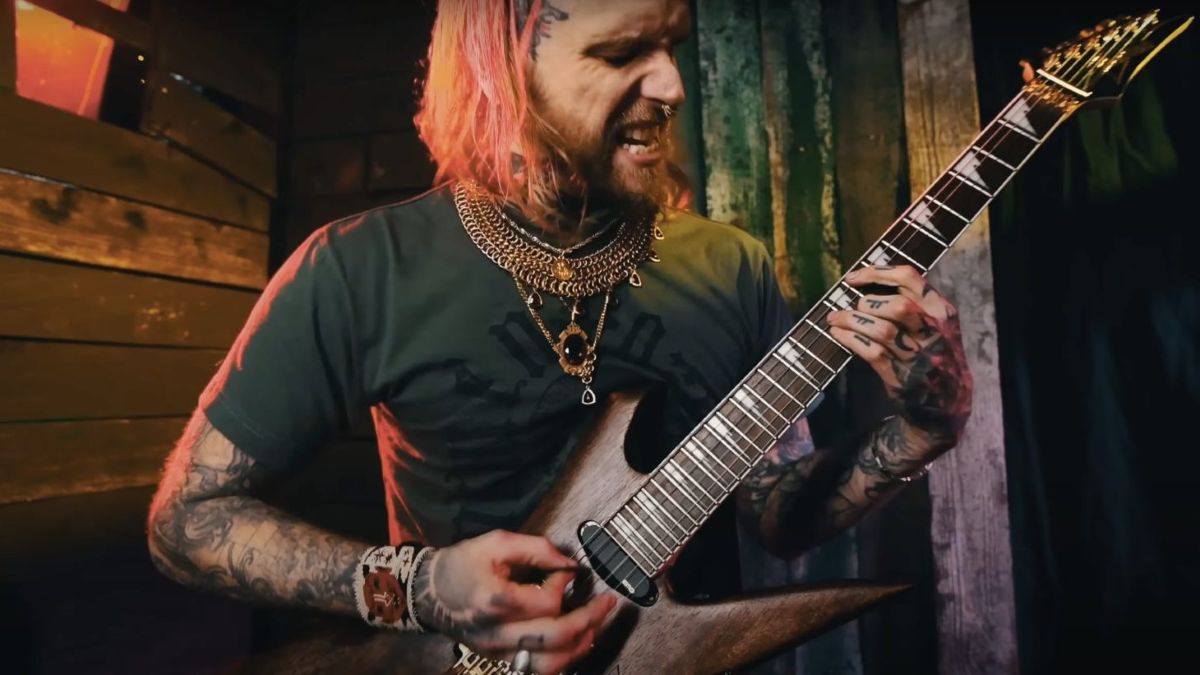
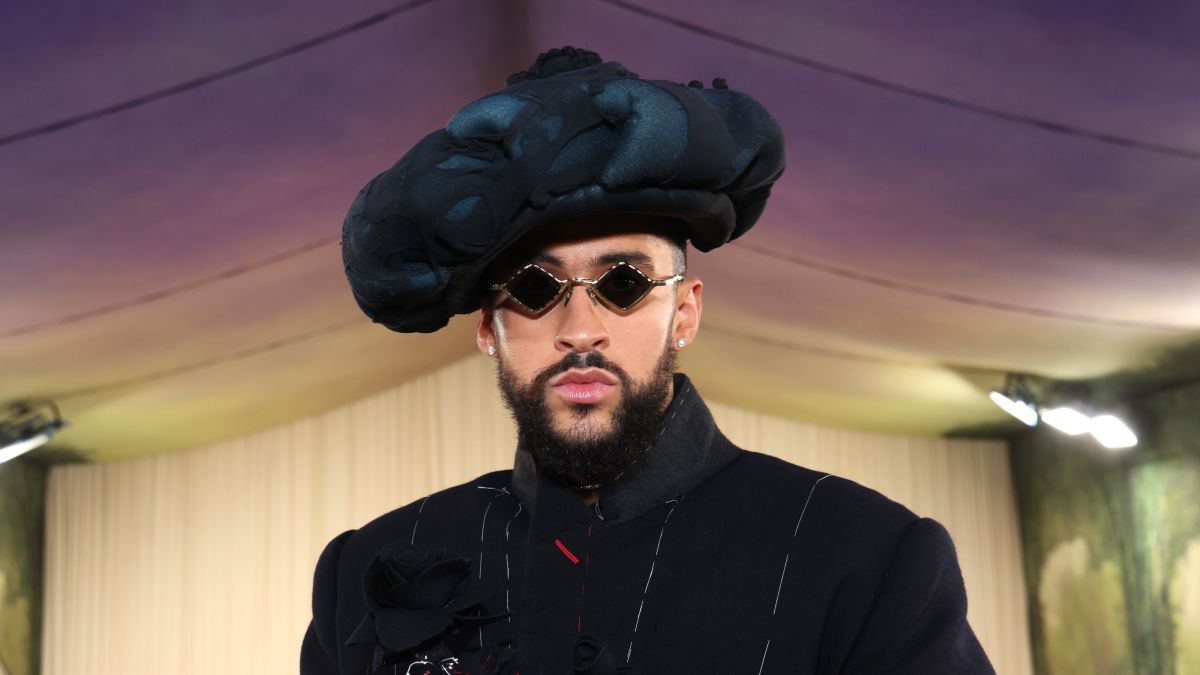
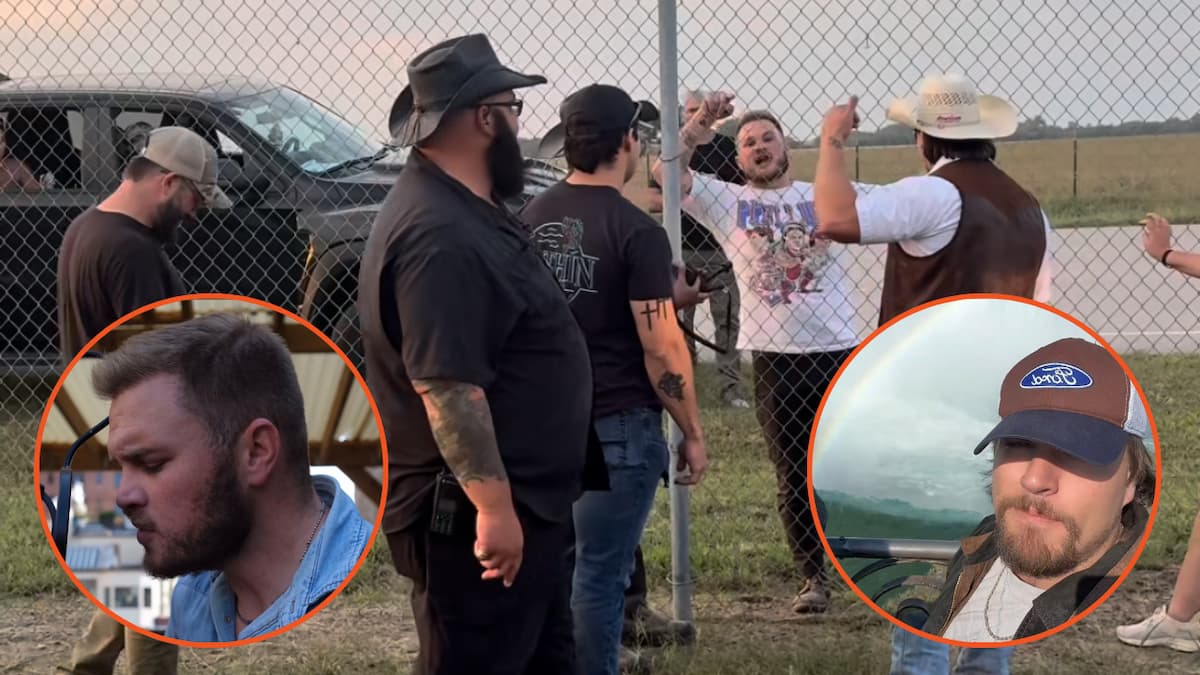
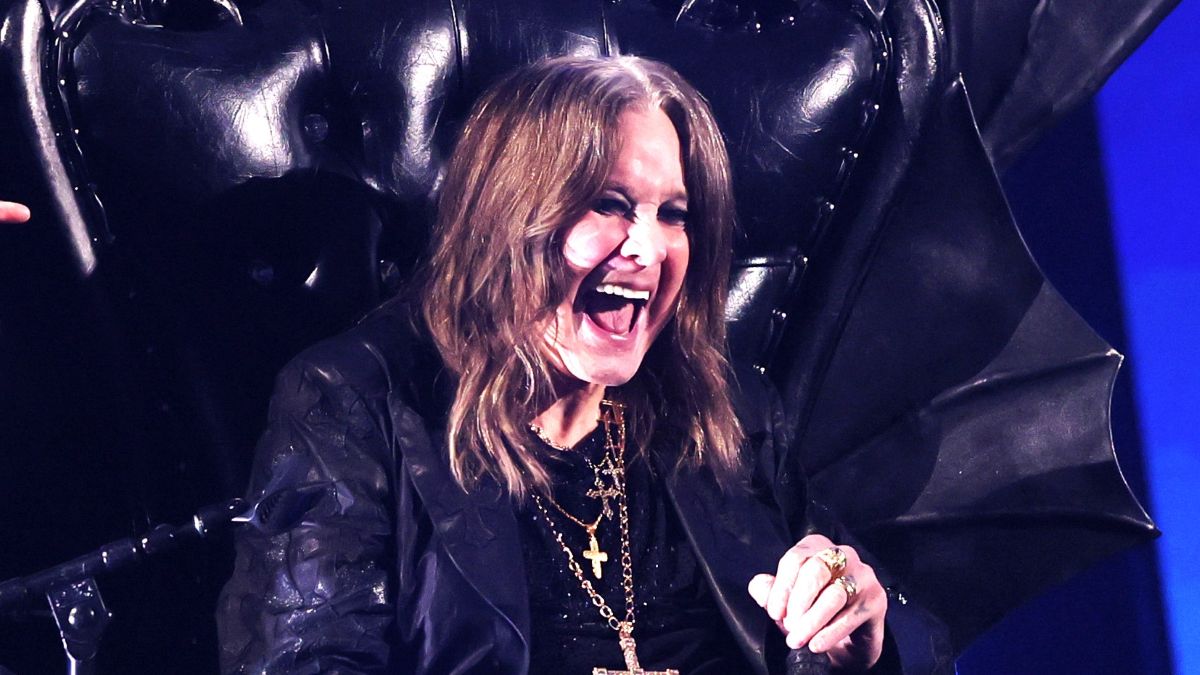
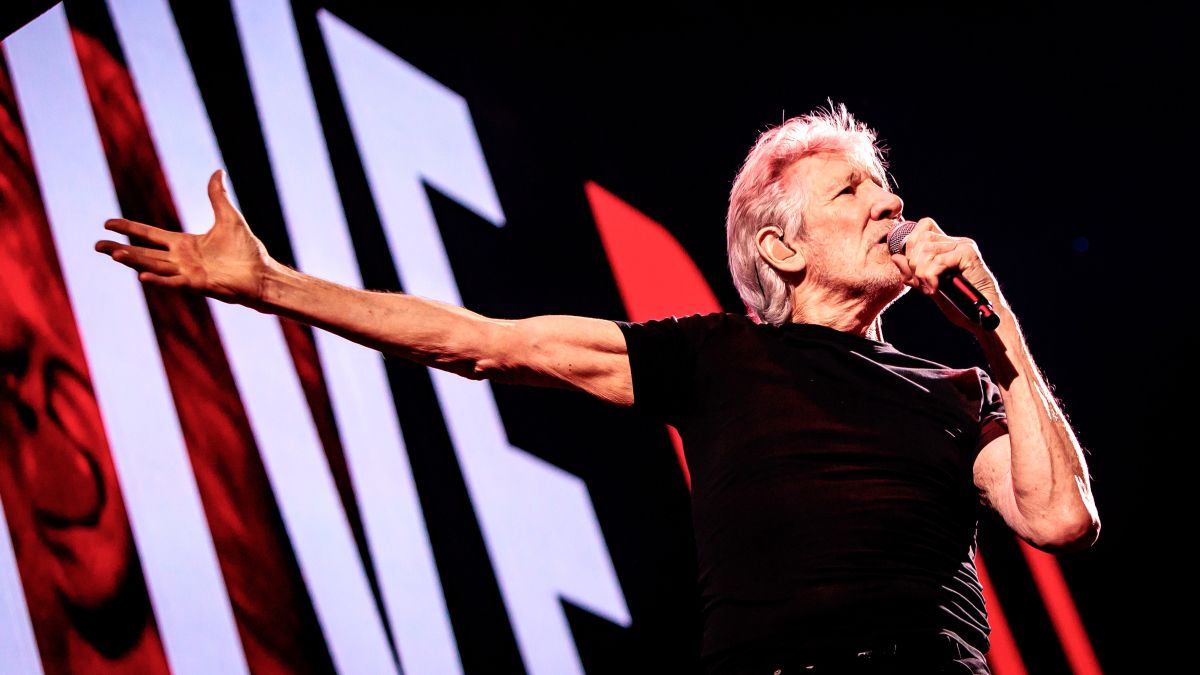
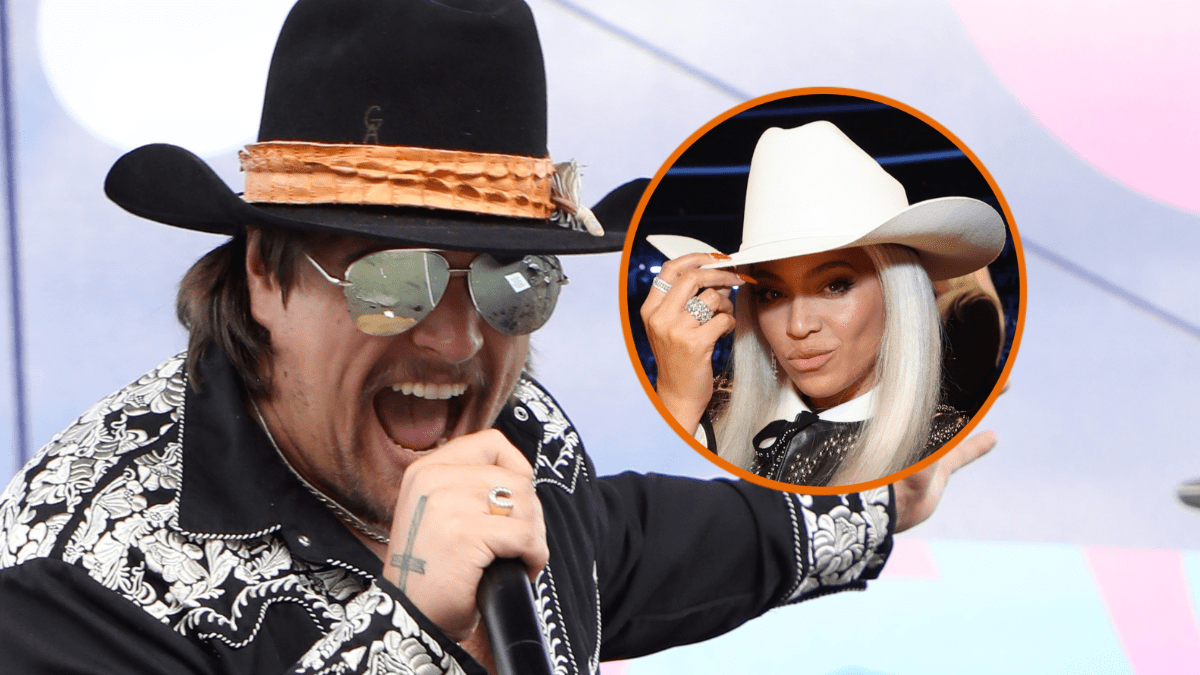

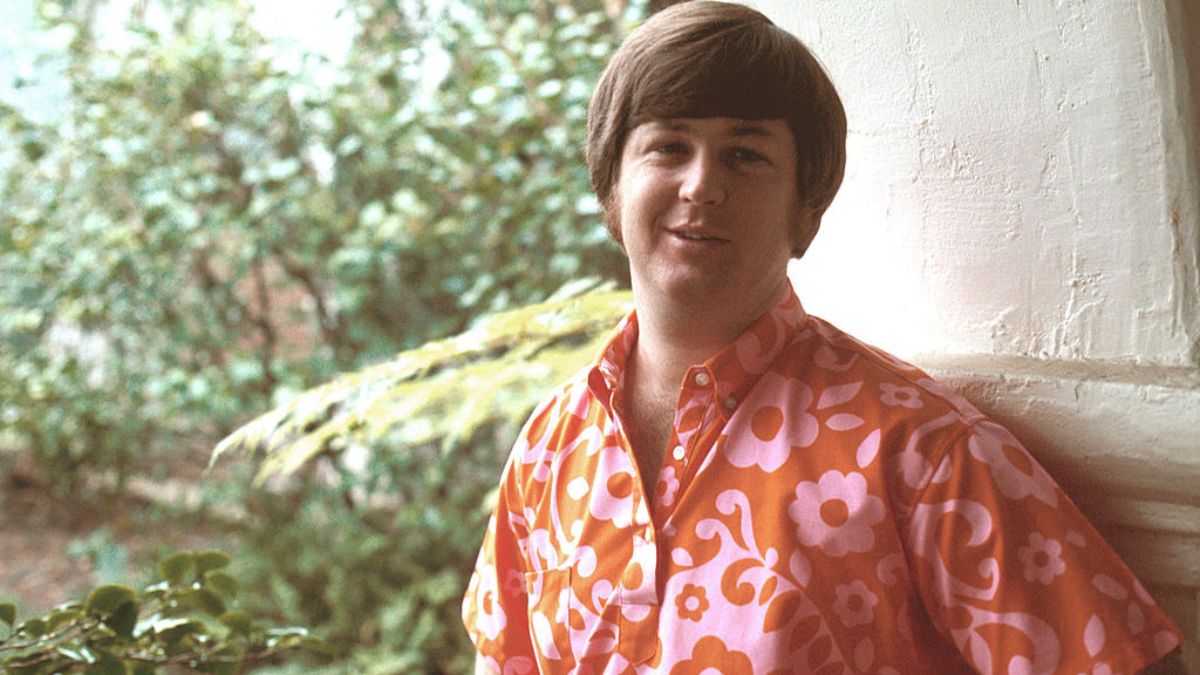
Published: Apr 9, 2016 03:26 pm